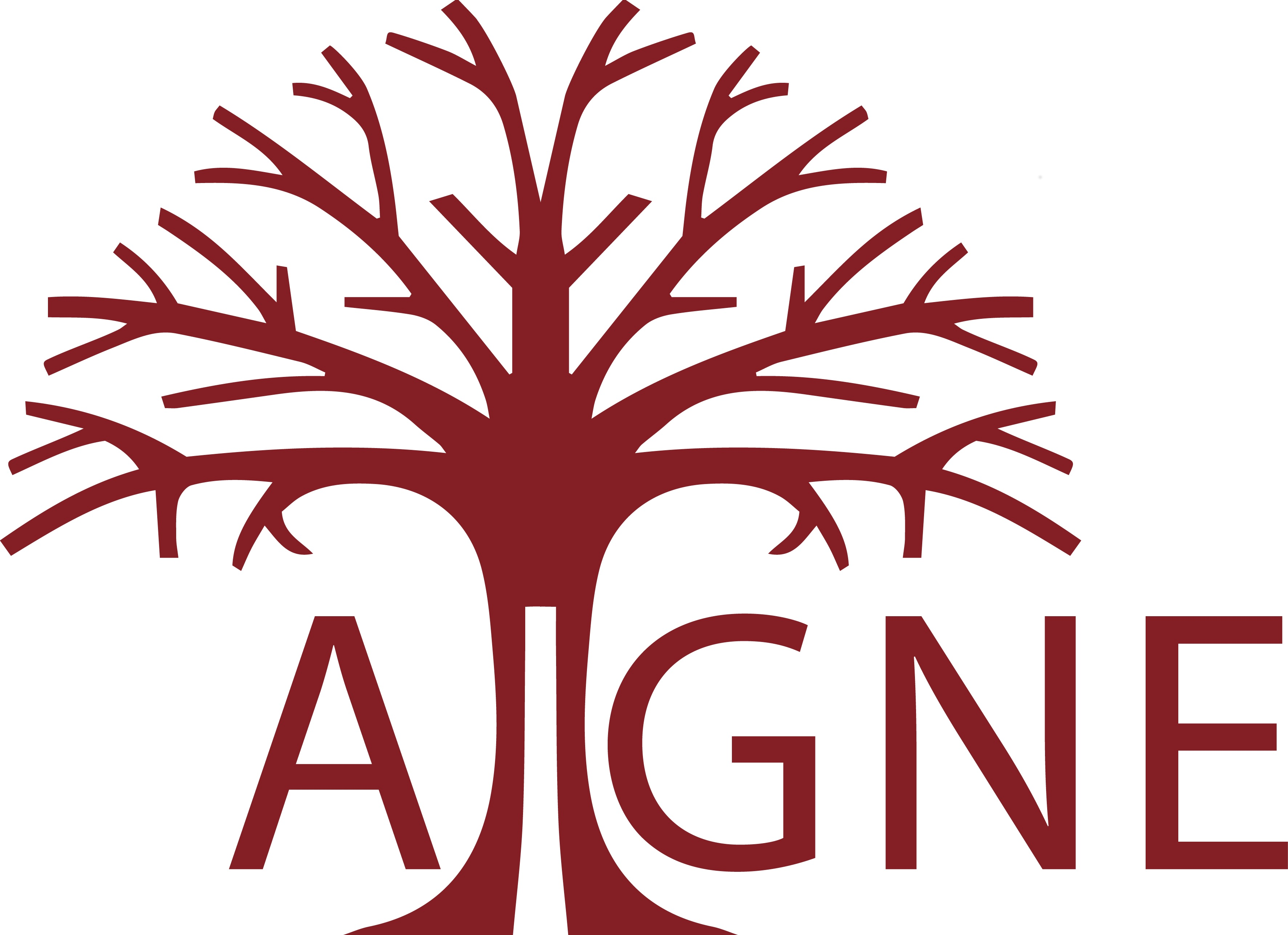Autobiography and the Search for Identity in the Work of Harry Crews, Tim McLaurin and Rick Bragg
DOI:
https://doi.org/10.33178/aigne.vol2.2Abstract
This article discusses the role of autobiography in the work of three contemporary writers from the American Deep South. All three grew up in extreme poverty as the sons of southern sharecroppers and represent a class of people who featured regularly in the literature of the region but who were not expected to write it. That their voices are now heard at all is part of a reassessment process referred to by the novelist and critic Doris Betts as reflecting “national trends in a democracy where most “new voices” speak up in turn from population groups heretofore considered artistically mute” (Dunn and Preston, 1991, p. 166). The work of Harry Crews (1978), Tim McLaurin (1991), and Rick Bragg (1997) effectively contribute to a democratisation process that began in southern literature after de-segregation and the election in 1976 of a southern president, Jimmy Carter. Prior to this, the plight of the southern rural poor was articulated mainly by educated, middle- class white writers; a critical and moral dilemma that few appeared to recognise. The memoirs of Crews, Bragg, and McLaurin therefore offer a fresh perspective on the economic and social predicament of their own poor white people, a viewpoint that also encompasses a more personal struggle to come to terms with their own identities. They cite membership of this marginalised and much-maligned minority as the source of their authority to re-write the ‘official’ history of the southern poor white and to validate their memories.References
Downloads
Published
2018-11-26
Issue
Section
Articles
License
For our full Copyright Notice see our Author Guidelines.


